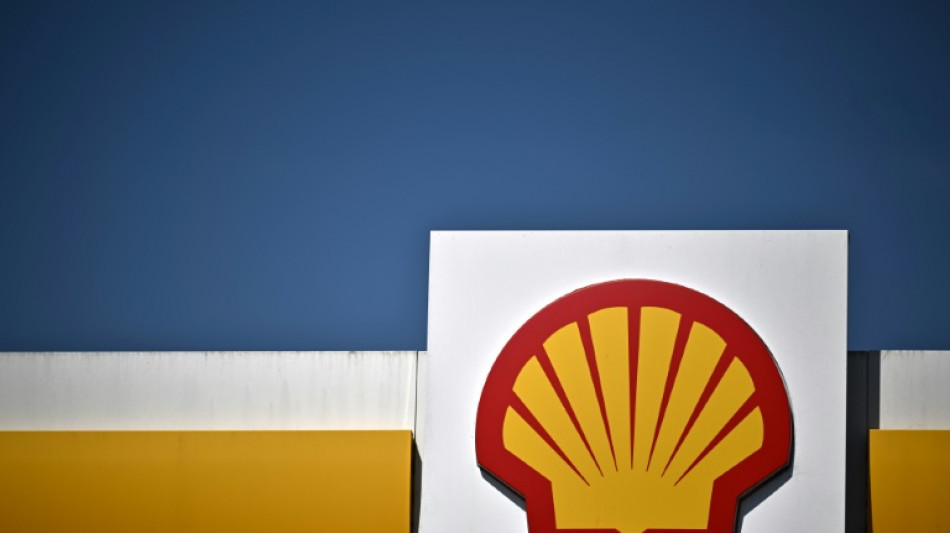
RBGPF
1.0000

British energy giant Shell on Thursday logged soaring first-quarter net profit as surging oil prices offset a sizeable charge linked to its Russia exit.
Profit after tax leapt 26 percent to $7.1 billion (6.7 billion euros) from a year earlier, Shell said in a statement.
While the group took a $3.9-billion charge on its exit from Russia after Moscow invaded Ukraine, it saw lower costs elsewhere.
Underlying earnings spiked almost three-fold to a quarterly record of $9.1 billion, sparking fresh calls in Britain for a windfall tax on energy majors.
UK consumers are enduring a cost-of-living crisis caused by the highest rate of inflation in decades, also as economies reopen from pandemic lockdowns.
Prime Minister Boris Johnson, who faces a key mid-term test in local elections Thursday, has dismissed calls for a windfall levy on oil giants, arguing it would slow their efforts to invest in cleaner energy.
Yet environmental campaigners and opposition politicians are calling for a one-off tax to ease household budgets and curb reliance on fossil fuels.
- Windfall tax -
"A windfall tax on these unexpected record profits of unimaginable sums would be the fastest and fairest way to ease pressure on households feeling the pinch and reduce our dependence on oil and gas, which is the root cause of the cost of living crisis," said Greenpeace UK's Philip Evans.
Shell added Thursday that revenues rallied 51 percent to $84.2 billion in the first three months of the year.
Oil prices have surged in recent months on concerns over tight supplies following the invasion of Ukraine by major oil and gas producer Russia.
"The war in Ukraine is first and foremost a human tragedy, but it has also caused significant disruption to global energy markets and has shown that secure, reliable and affordable energy simply cannot be taken for granted," noted chief executive Ben van Beurden.
"The impacts of this uncertainty and the higher cost that comes with it are being felt far and wide."
The London-listed group last month flagged it would take a hit of between $4 billion and $5 billion in the first quarter as a result of impairment from assets and additional charges relating to its Russian activities.
Shell announced in late February that it would sell its stakes in all joint ventures with Russian state energy giant Gazprom after the Kremlin launched its assault on Ukraine.
- Share buyback -
The company then decided in March to withdraw from Russian gas and oil in line with UK government policy.
Britain, which is far less dependent than the rest of Europe on Russian energy, plans to phase out oil imports by the end of 2022 and eventually stop importing its gas.
Shell's British rival BP on Tuesday booked its biggest-ever quarterly loss, at $20.4 billion, after a mammoth $25.5 billion charge on its Russian withdrawal.
However, BP also logged record-high underlying profits for the first quarter on high oil prices.
Shell has meanwhile begun the second tranche of its $8.5-billion share buyback unveiled in February.
The group's share price rallied 3.1 percent to £22.95 in morning deals on London's rising stock market.
"The recovery in energy prices from the depths of the pandemic had already allowed Shell to reduce net debt and begin a renewed focus on shareholder returns," said Interactive Investor analyst Richard Hunter
World oil prices rocketed close to $140 per barrel in early March, although they have since fallen back to around $100.
Both BP and Shell had suffered vast losses in 2020 as the coronavirus pandemic slashed energy demand and prices.
Z.W.Varughese--DT